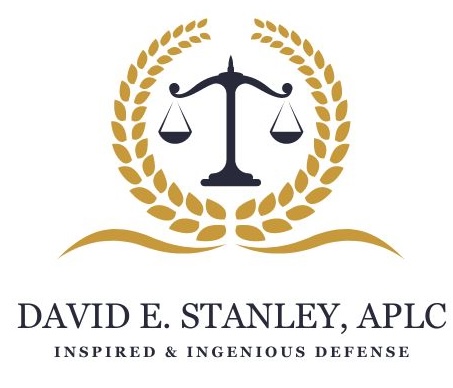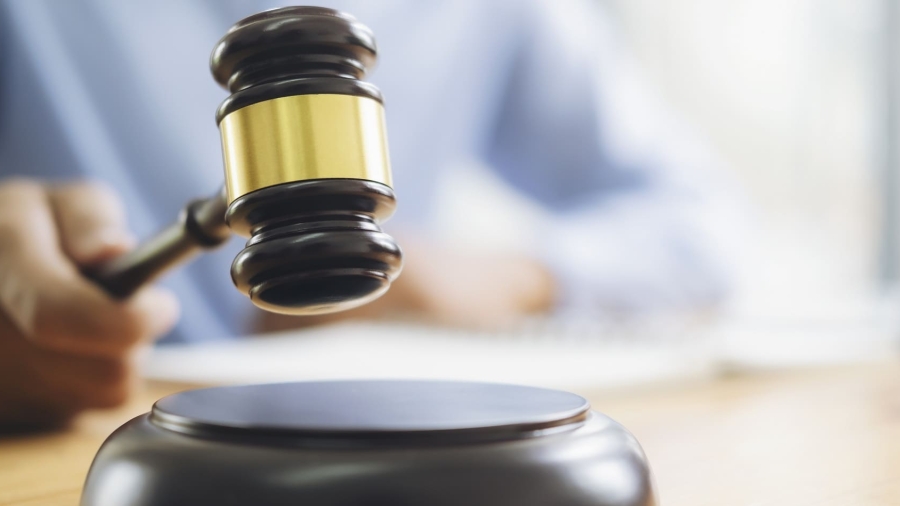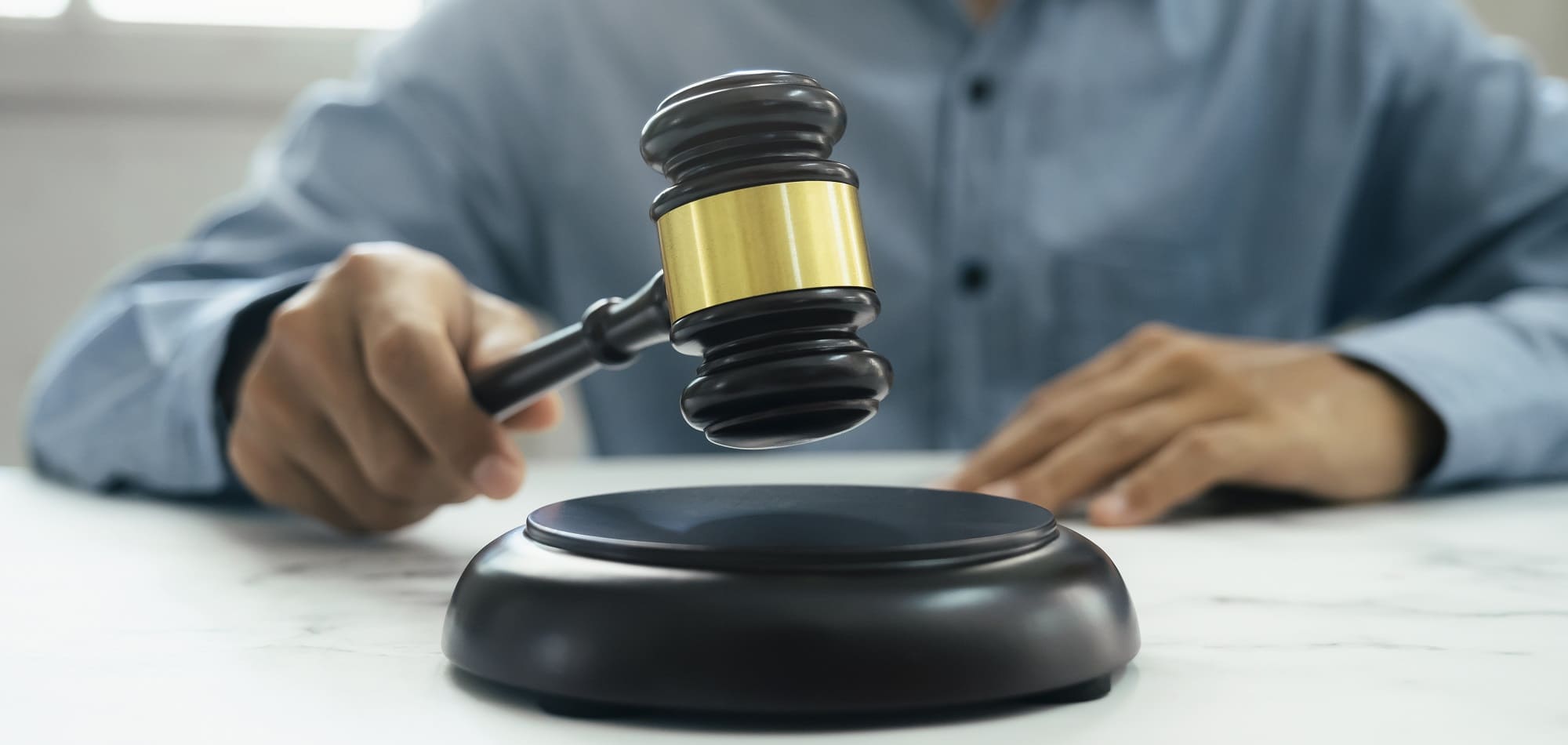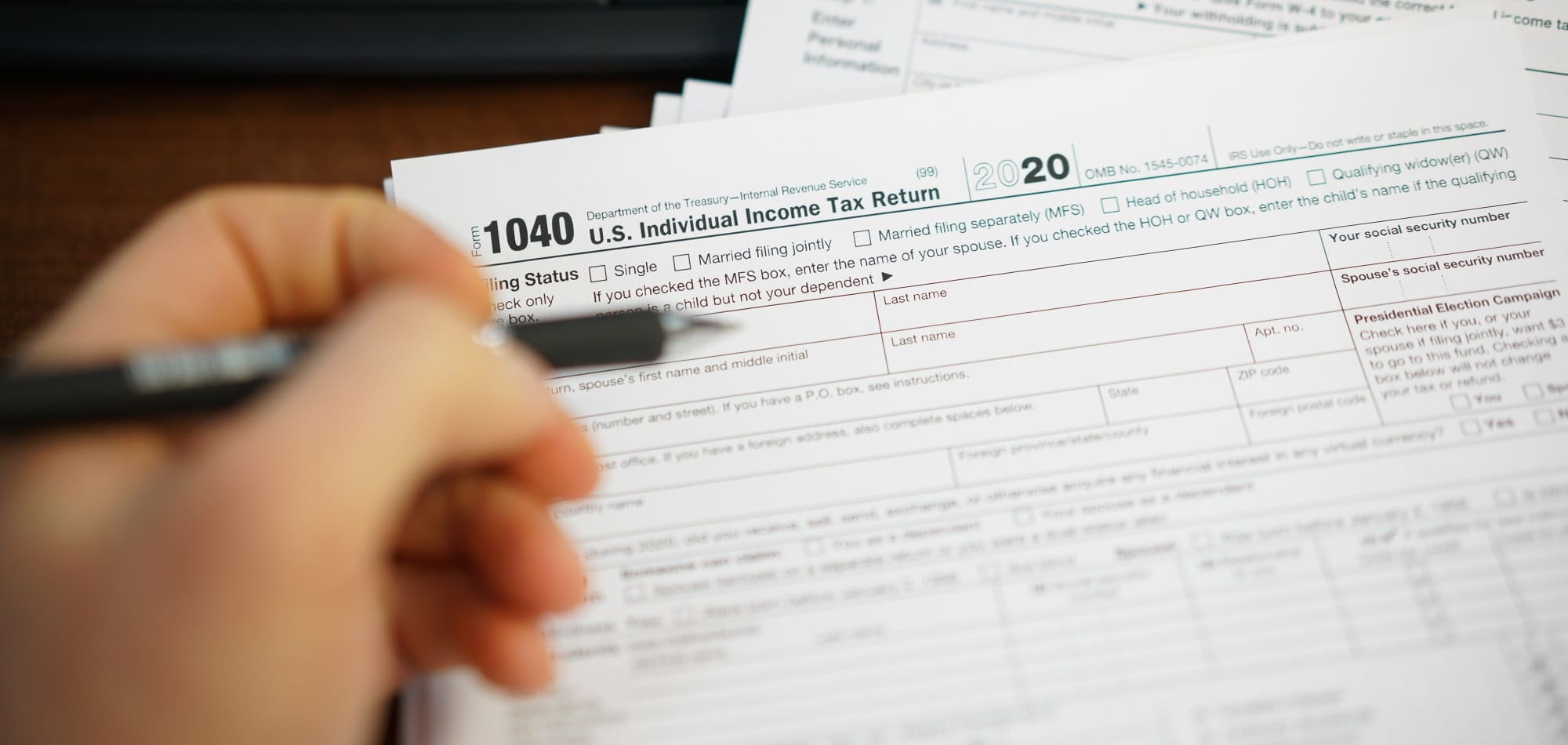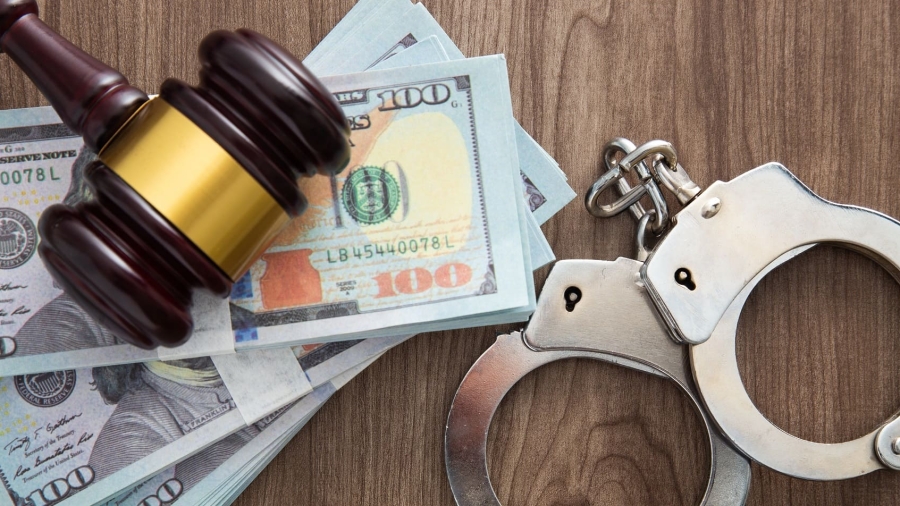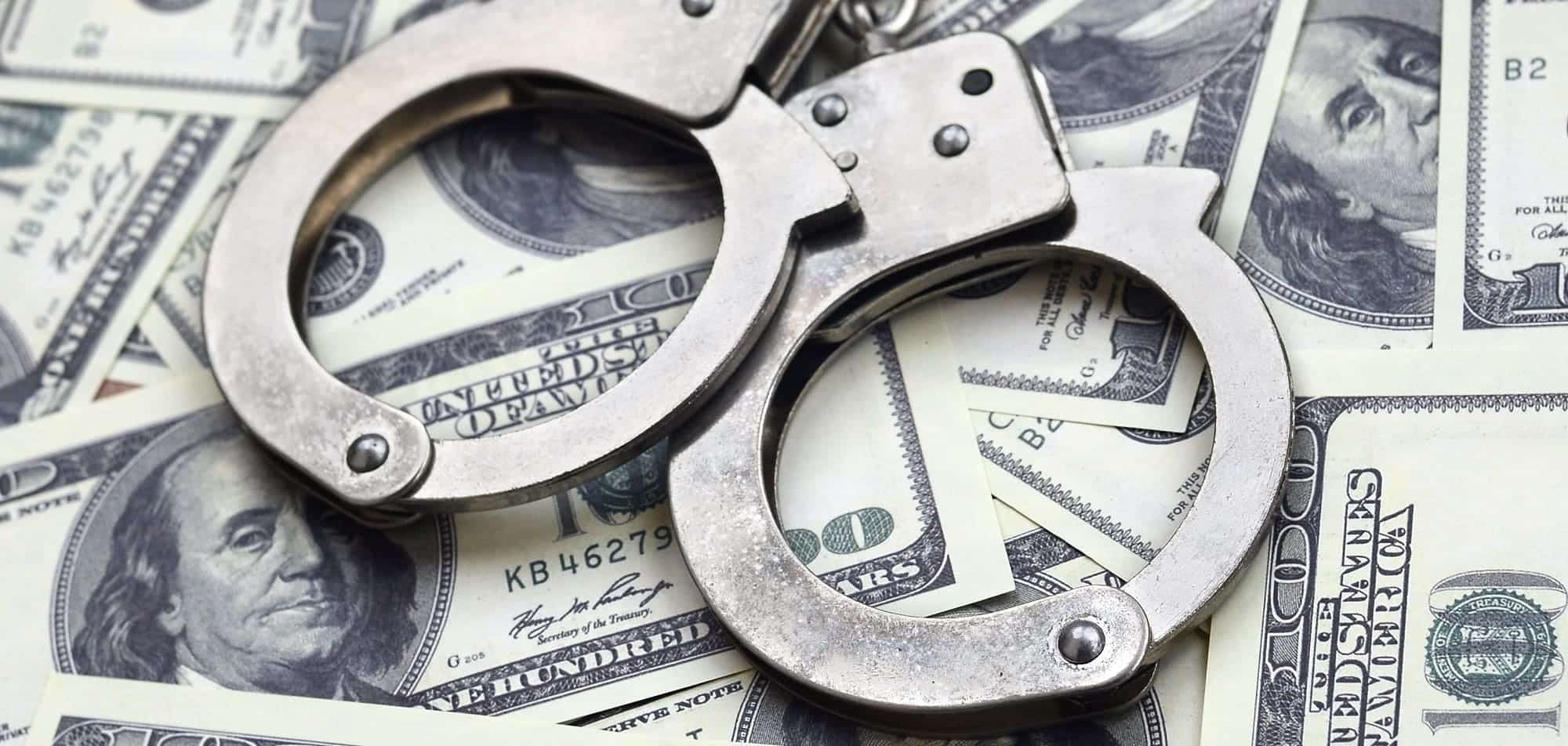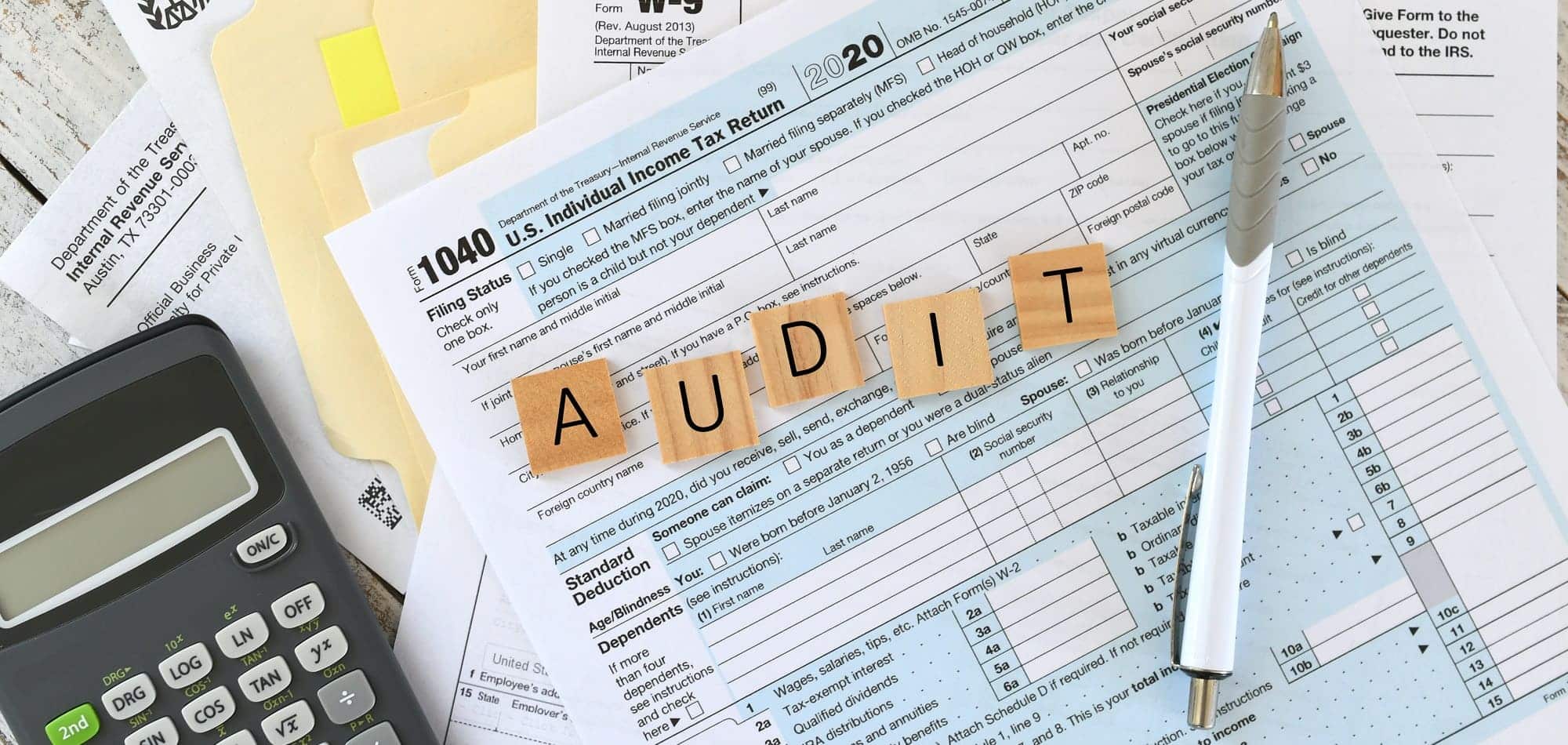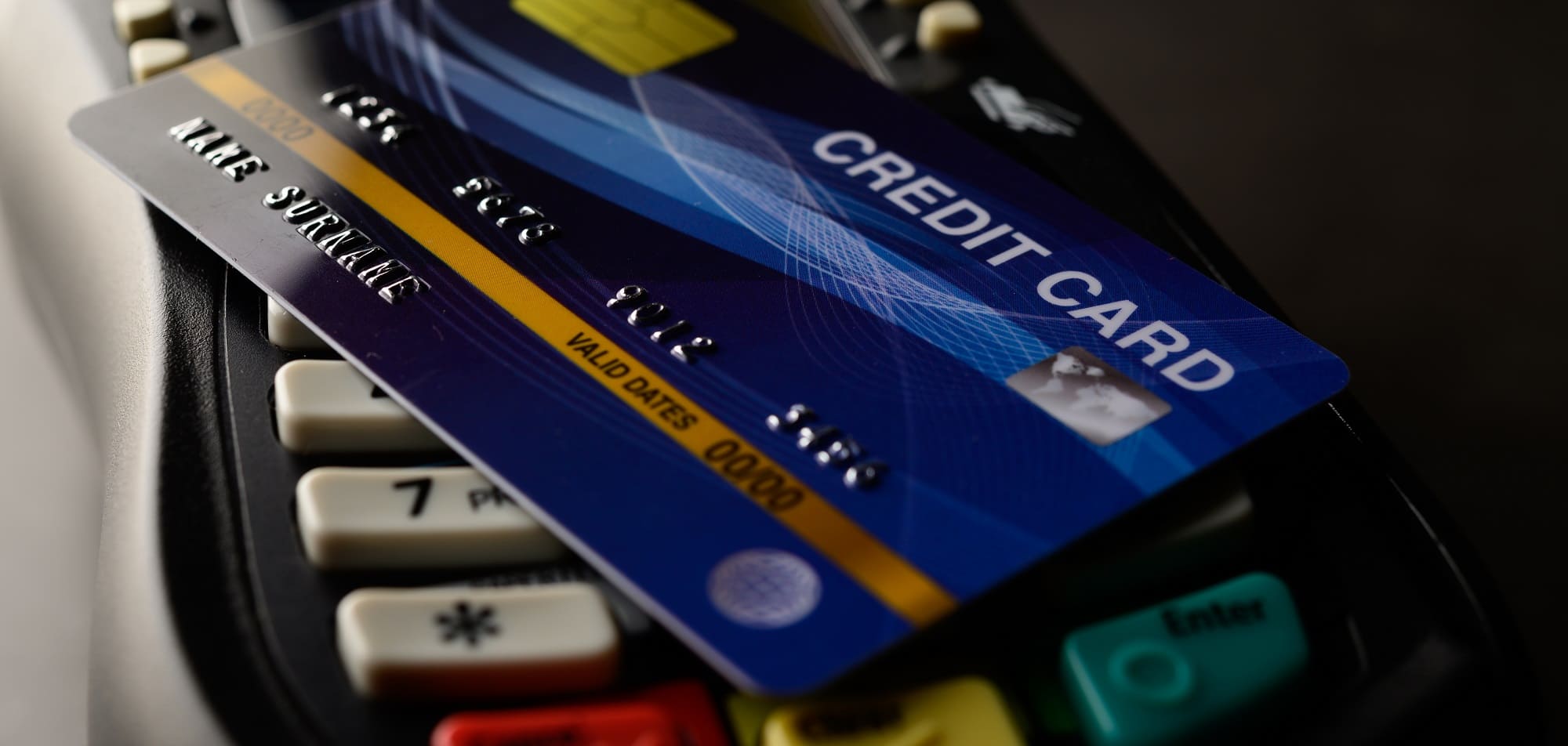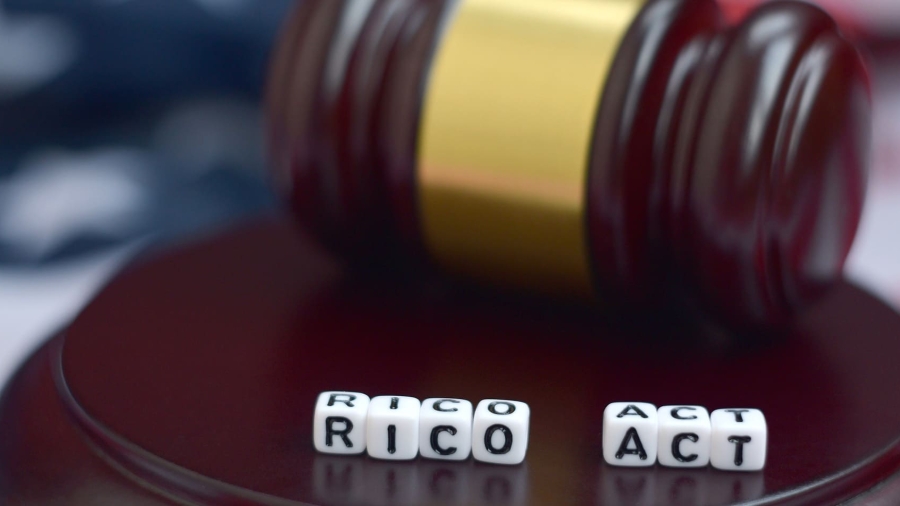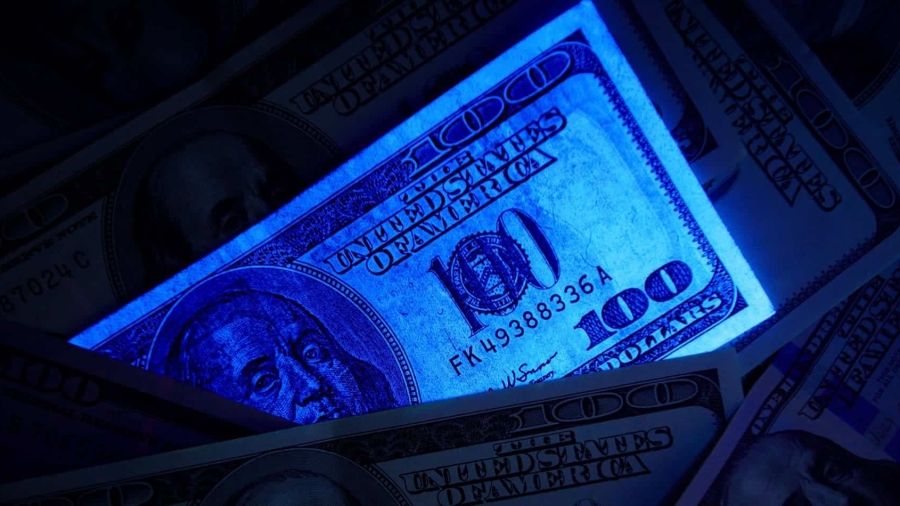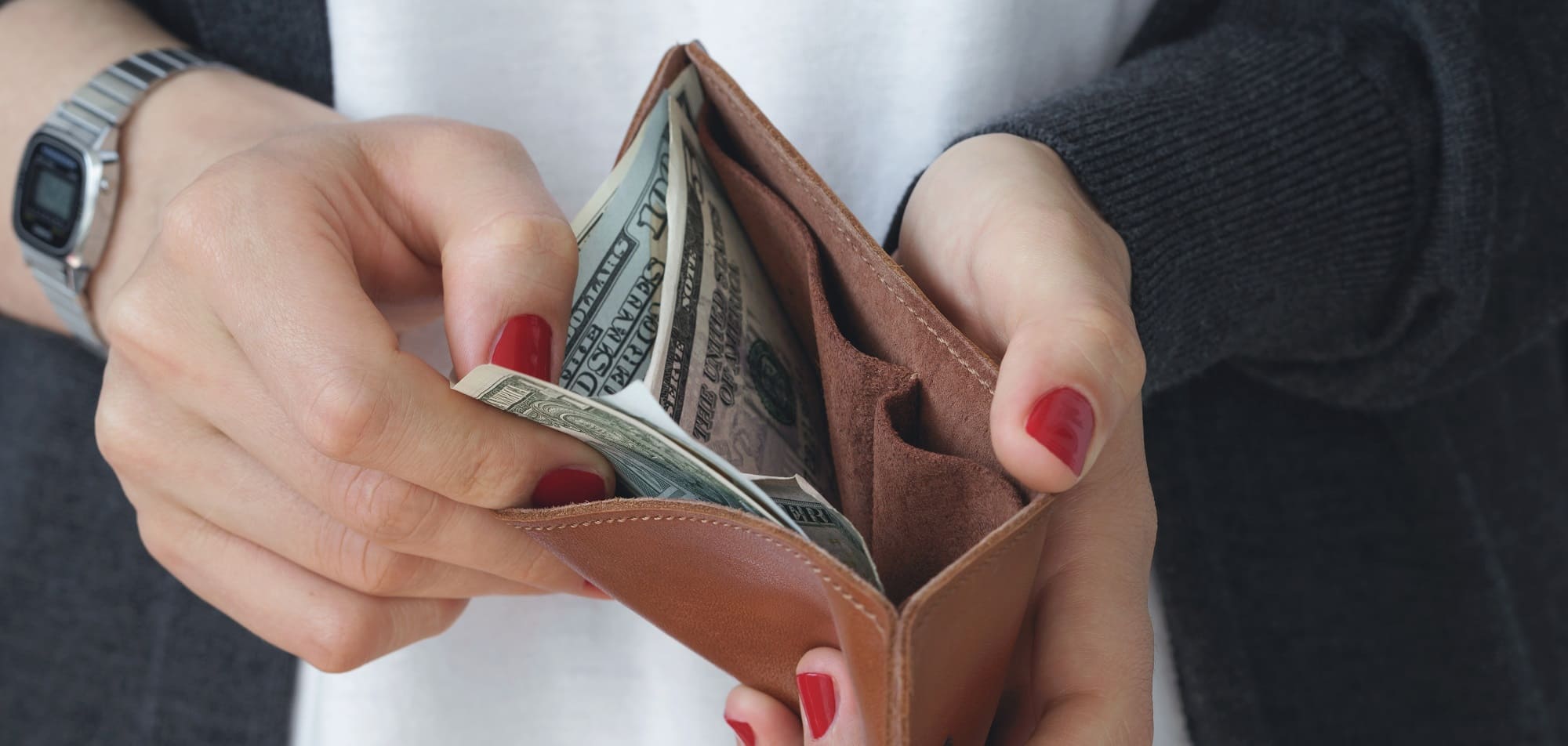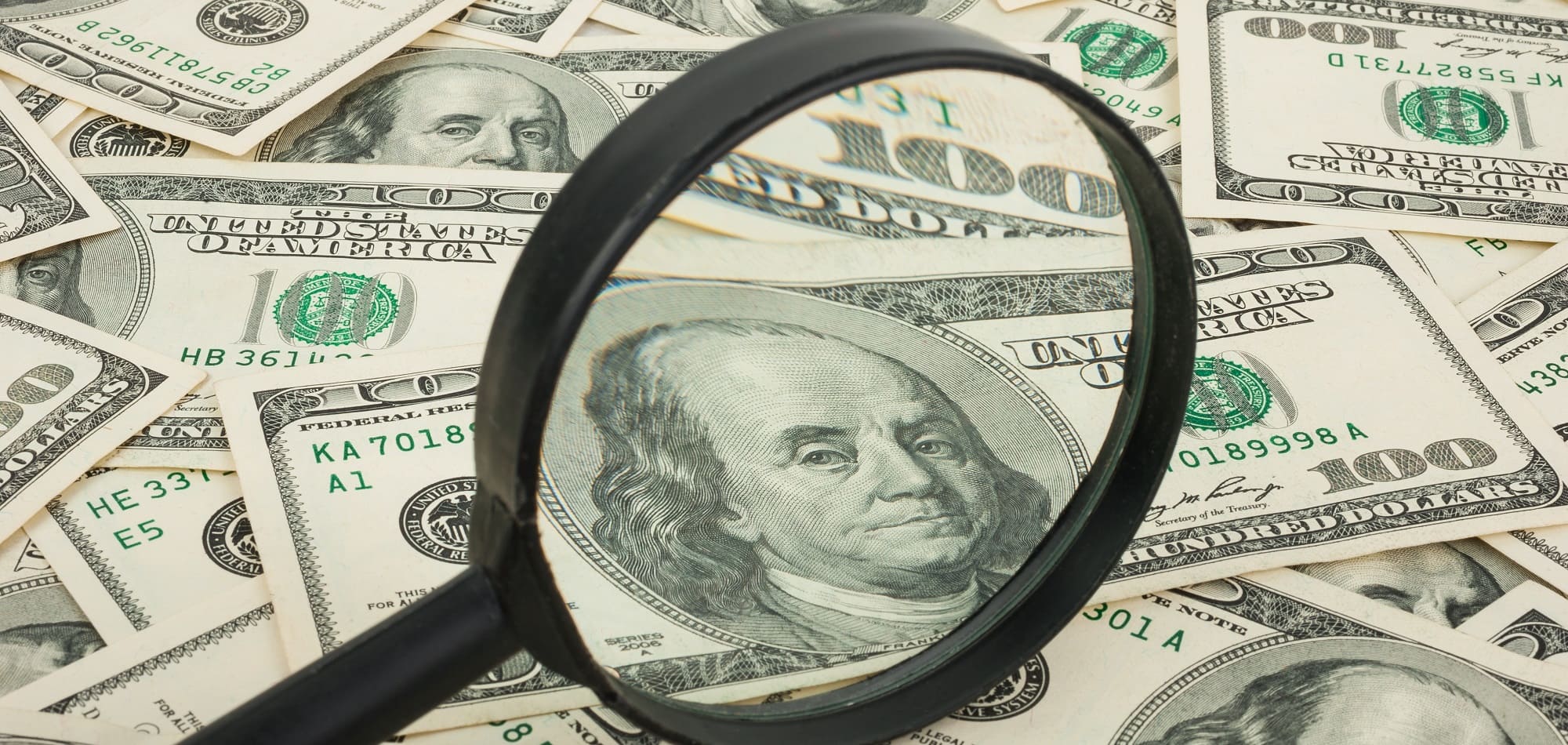Facing criminal law charges can be an overwhelming and distressing experience. Having a seasoned criminal law attorney by your side is essential during such challenging times. Hiring the right criminal law lawyer can make a significant difference in the result of your case. It’s crucial, therefore, to carefully weigh your options and choose someone qualified and with whom you feel comfortable.
Criminal Defense: What Constitutes As Felony Theft In Louisiana
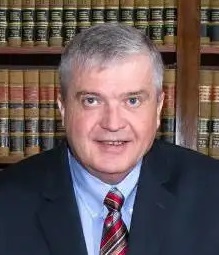
David Stanley is the founder and principal of David E. Stanley APLC. Since 1983, Mr. Stanley has successfully practiced law from his office in Baton Rouge, Louisiana.
Top Five Ways Someone Can Commit Tax Fraud Without Meaning To

David Stanley is the founder and principal of David E. Stanley APLC. Since 1983, Mr. Stanley has successfully practiced law from his office in Baton Rouge, Louisiana.
What You Need To Know About White-Collar Crime

David Stanley is the founder and principal of David E. Stanley APLC. Since 1983, Mr. Stanley has successfully practiced law from his office in Baton Rouge, Louisiana.
Four Ways You May Be Committing Fraud Unintentionally

David Stanley is the founder and principal of David E. Stanley APLC. Since 1983, Mr. Stanley has successfully practiced law from his office in Baton Rouge, Louisiana.
Everything You Need To Know About Misuse Of A Credit Card

David Stanley is the founder and principal of David E. Stanley APLC. Since 1983, Mr. Stanley has successfully practiced law from his office in Baton Rouge, Louisiana.
Everything You Need To Know About RICO Crimes

David Stanley is the founder and principal of David E. Stanley APLC. Since 1983, Mr. Stanley has successfully practiced law from his office in Baton Rouge, Louisiana.
Five Common Questions When Caught with Counterfeit Money

David Stanley is the founder and principal of David E. Stanley APLC. Since 1983, Mr. Stanley has successfully practiced law from his office in Baton Rouge, Louisiana.
10 Ways Federal Offenses Can Affect Your Life

David Stanley is the founder and principal of David E. Stanley APLC. Since 1983, Mr. Stanley has successfully practiced law from his office in Baton Rouge, Louisiana.
Two Common Healthcare Fraud Accusations You Can Learn From

David Stanley is the founder and principal of David E. Stanley APLC. Since 1983, Mr. Stanley has successfully practiced law from his office in Baton Rouge, Louisiana.

